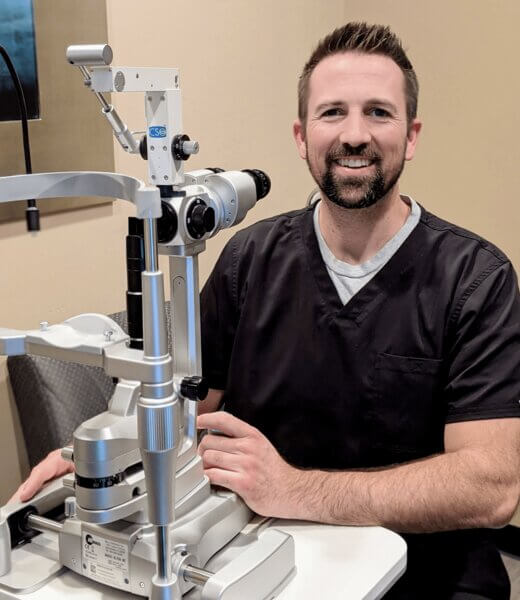In a world dominated by screens, the battle against Digital Eye Strain is real. From smartphones to laptops, our eyes are constantly exposed to digital screens, impacting both our health and productivity. This article delves into comprehensive strategies, ensuring you not only recognize the signs but also adopt effective practices to alleviate Digital Eye Strain.

Importance of Addressing Digital Eye Strain:
Digital Eye Strain isn’t just an inconvenience; it’s a health concern. Prolonged exposure can lead to headaches, blurred vision, and decreased work performance. Acknowledging its importance is the first step toward a healthier relationship with screens.
Recognizing Digital Eye Strain:
Understanding the enemy is crucial. Symptoms like eye fatigue, dryness, and headaches signal Digital Eye Strain. Recognizing these signs early empowers you to take proactive measures.
Causes of Digital Eye Strain:
Identifying the culprits behind Digital Eye Strain is key. Factors such as prolonged screen time and inadequate lighting contribute significantly. This section unveils the villains affecting your eye health.
Tips for Reducing Digital Eye Strain:
Implementing practical solutions is the cornerstone of combating Digital Eye Strain. The 20-20-20 rule, adjusting screen brightness, and incorporating blue light filters are indispensable tools in your arsenal.
Ergonomic Practices:
Your workspace matters. Properly setting up your workstation and maintaining a correct seating posture can dramatically reduce eye strain. Discover ergonomic practices that transform your screen time experience.
Importance of Regular Eye Exams:
Don’t underestimate the power of regular eye check-ups. Detecting vision issues early can prevent long-term damage and ensure your eyes are in top condition for the digital demands of modern life.
Recommended Screen Time Limits:
Balancing work and breaks is an art. Setting screen time limits, along with outdoor activities, contributes to a healthier lifestyle. Find the equilibrium that works for you.
Digital Eye Strain: Tips for Screen Users:
Delve into specific tips tailored for screen users. Adjust font size and contrast, practice blinking exercises, and prioritize hydration to keep your eyes refreshed and resilient.
FAQs:
Can Digital Eye Strain Lead to Permanent Damage? Yes, prolonged exposure can lead to permanent damage. Regular breaks and preventive measures are crucial.
Are Blue Light Glasses Effective? Studies suggest they can reduce eye strain, but they’re not a one-size-fits-all solution. Consult an optometrist for personalized advice.
How Often Should Screen Users Take Breaks? Every 20 minutes, follow the 20-20-20 rule: look at something 20 feet away for 20 seconds.
Can Digital Eye Strain Affect Children? Absolutely. Children are susceptible, and screen time should be monitored to protect their developing eyes.
Is Screen Brightness a Significant Factor? Yes, adjusting brightness to match your environment reduces strain and improves visual comfort.
What Foods Promote Eye Health? Nutrient-rich foods like leafy greens, fish, and citrus fruits support eye health.
Conclusion:
Incorporate these tips into your daily routine for a screen-smart lifestyle. The battle against Digital Eye Strain is ongoing, but armed with knowledge, you can emerge victorious. Here’s to healthier eyes and a more vibrant digital experience!
Tatum Eyecare is North Phoenix’s premier family eye care center. We’ve spared no expense to create the most pleasant, comfortable patient experience… including the finest furnishings, the best selection of prescription eyeglass frames, the most cutting-edge technology, and the most outstanding team of industry professionals. Come see why the choice for family eye care in the Valley has never been clearer.


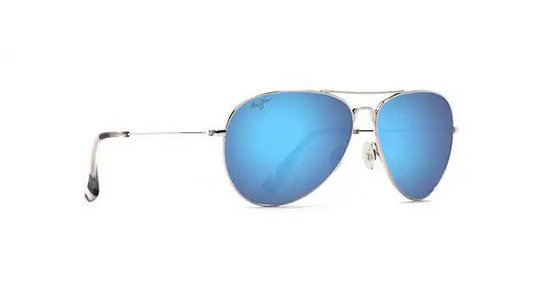
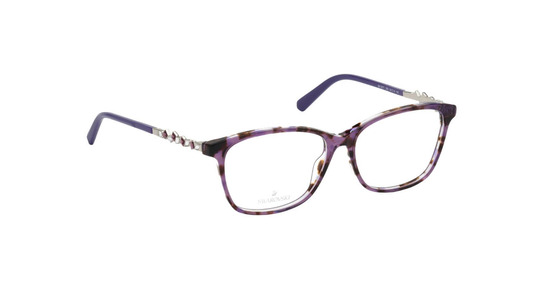
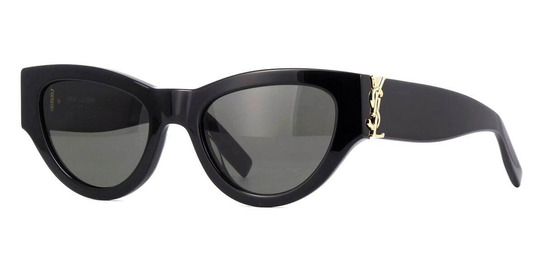
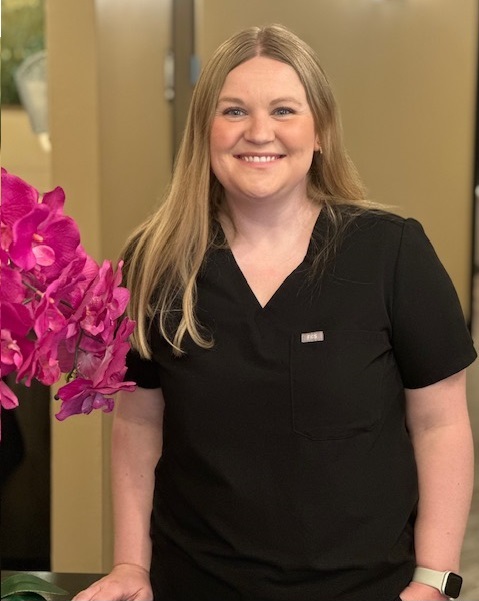
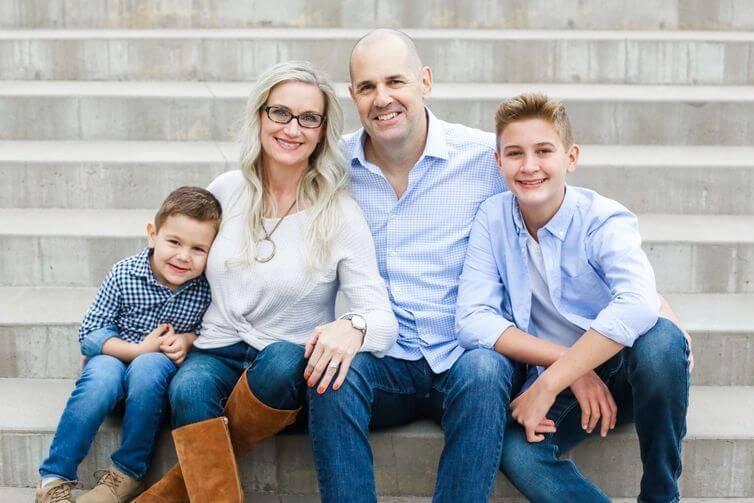

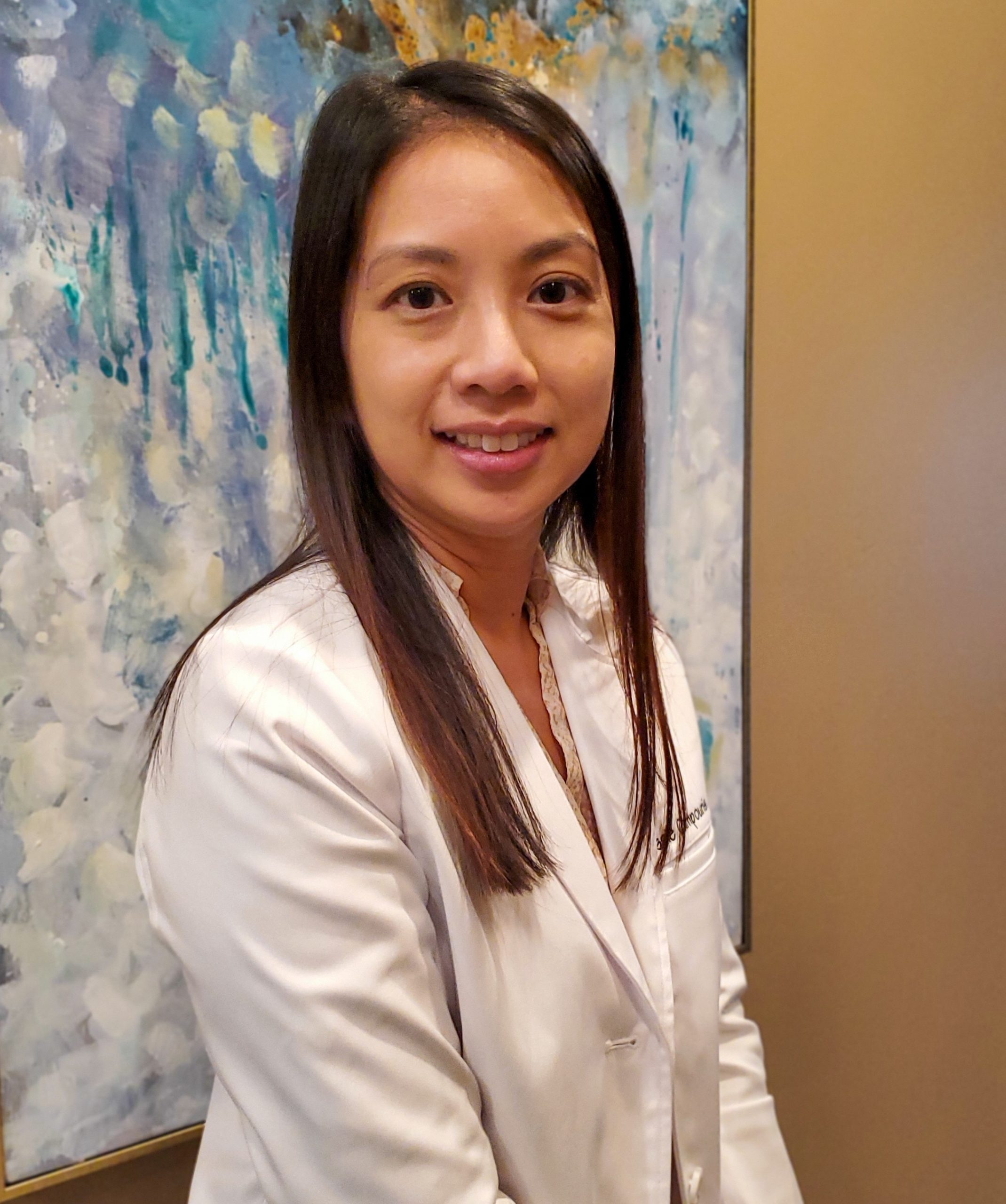
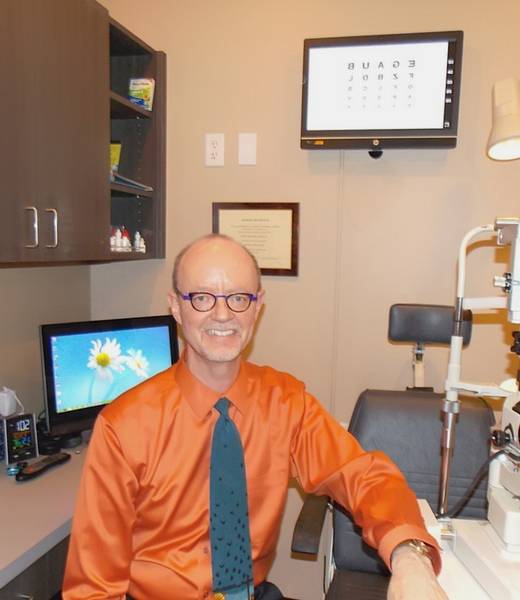
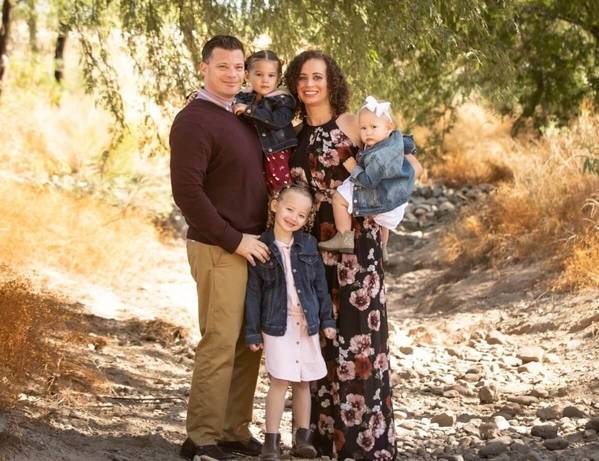
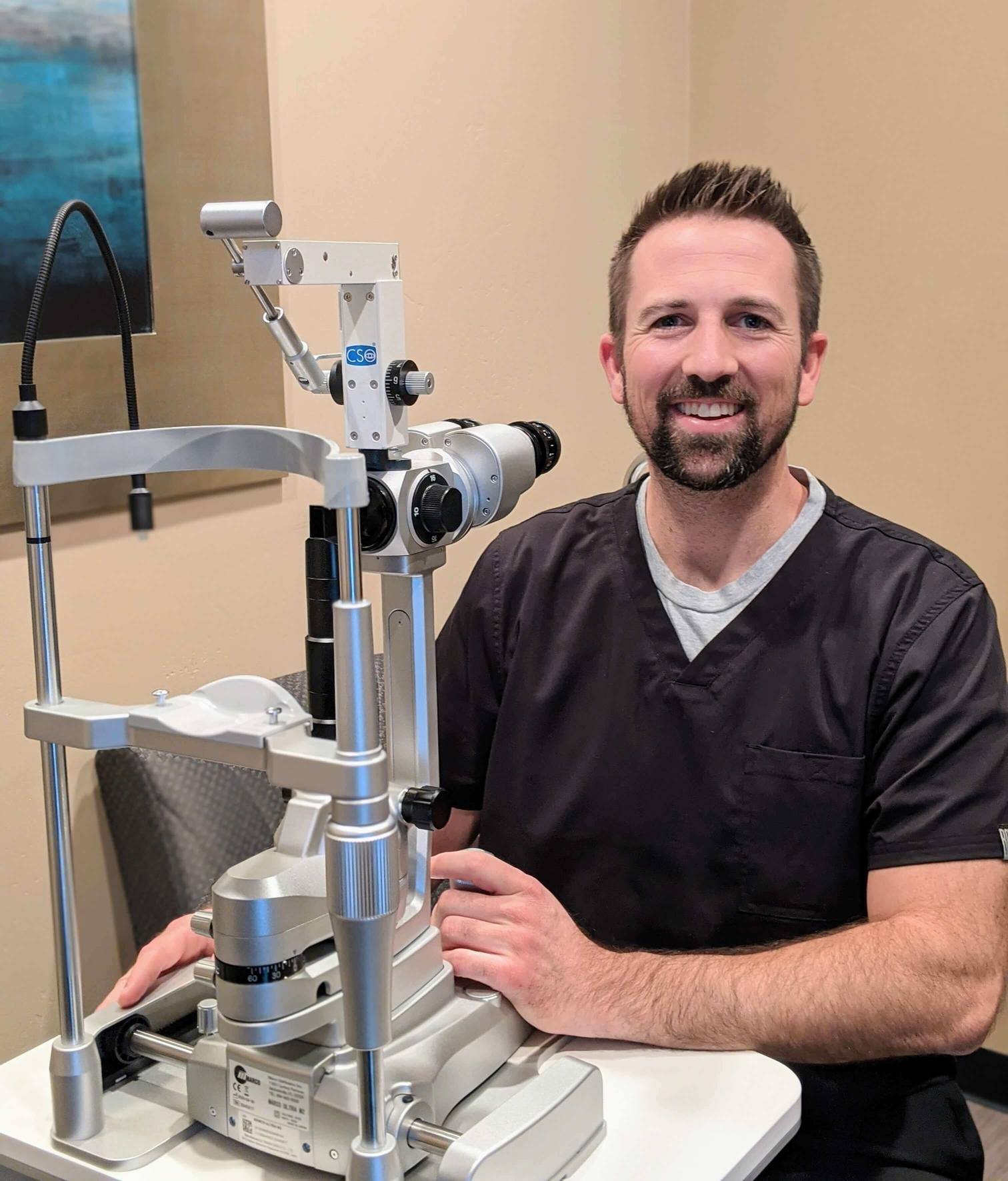
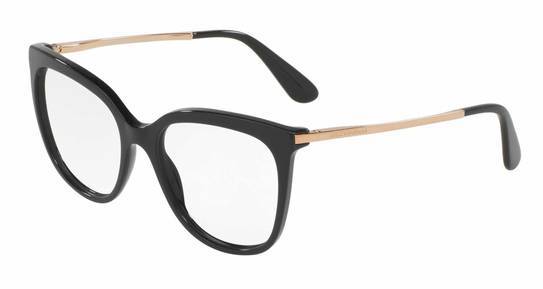






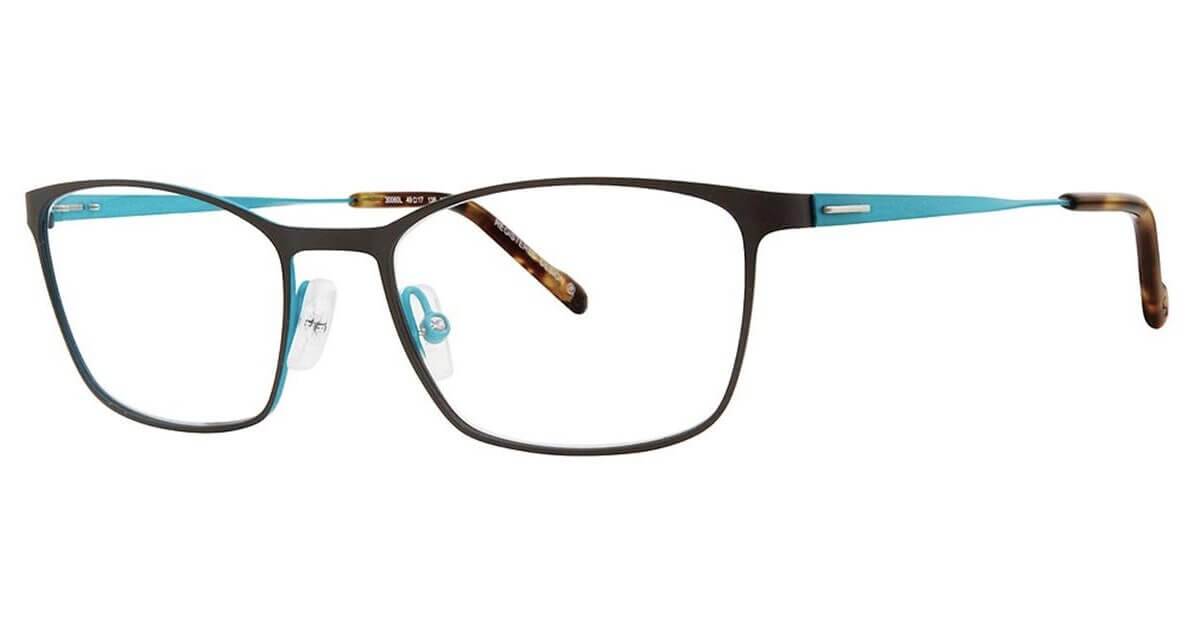

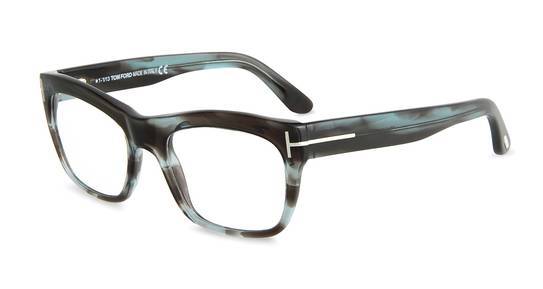
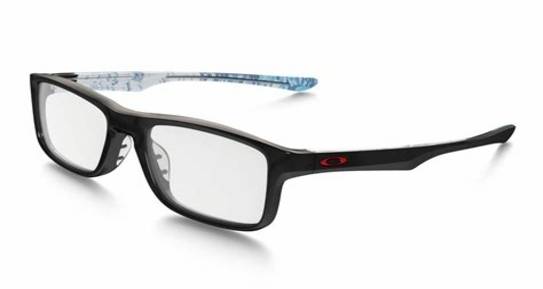

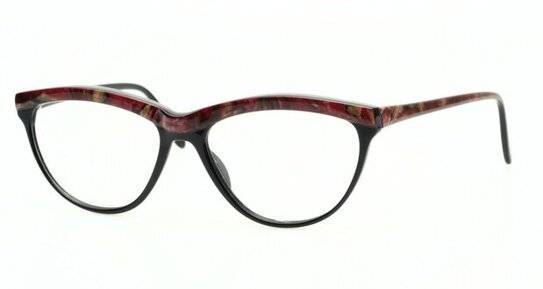
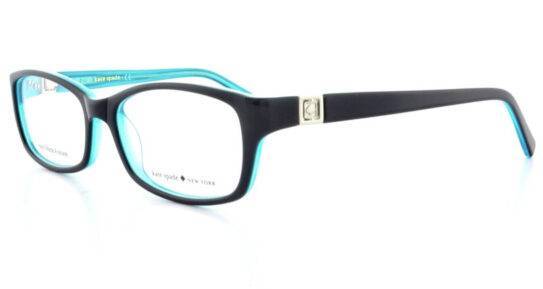
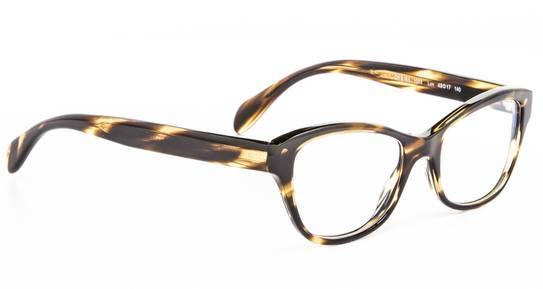

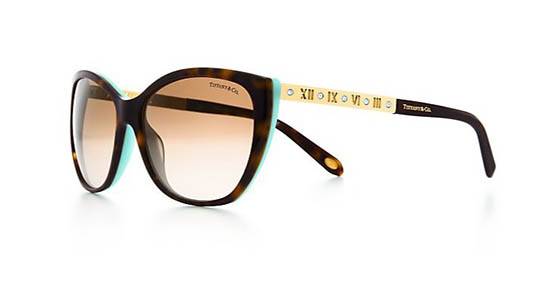
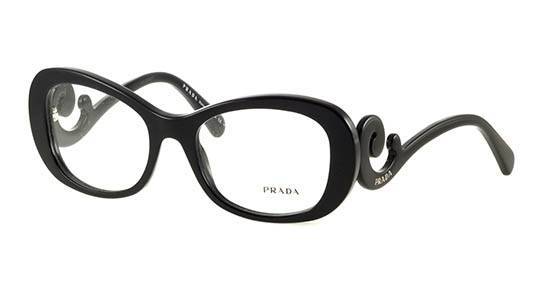
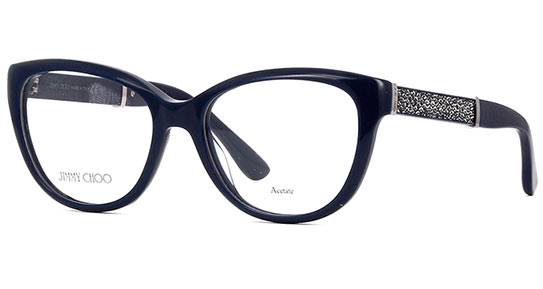
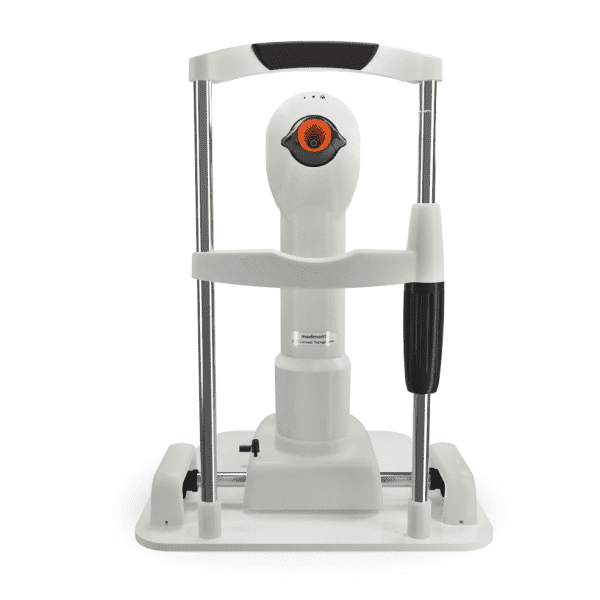
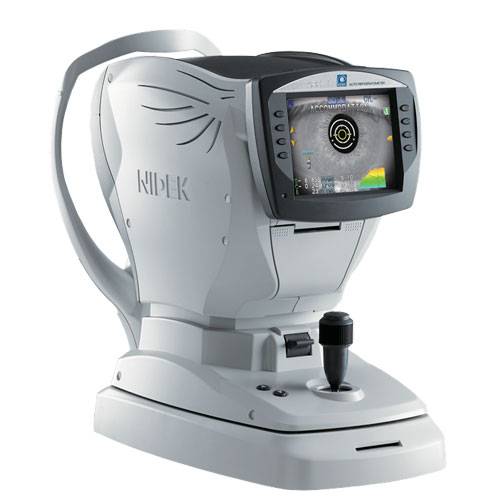
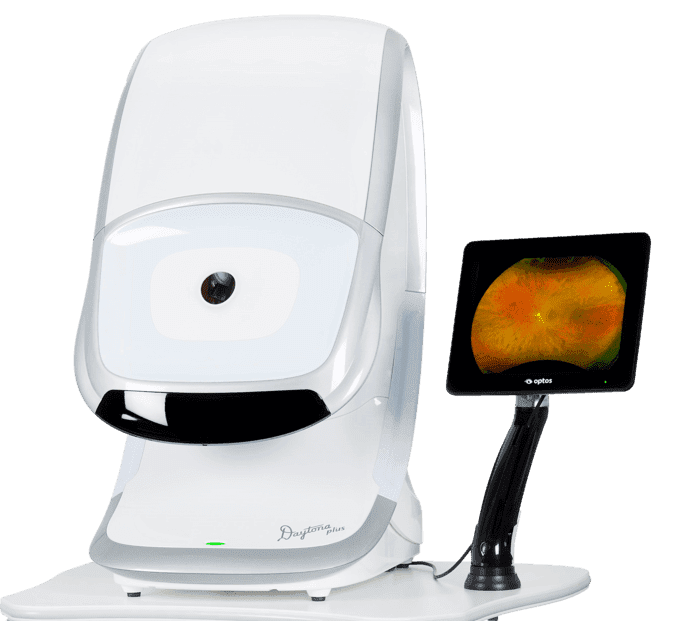
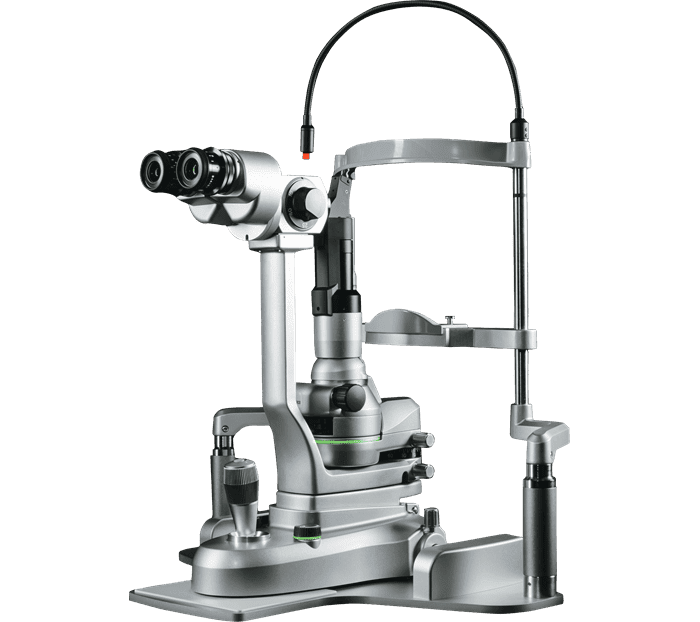
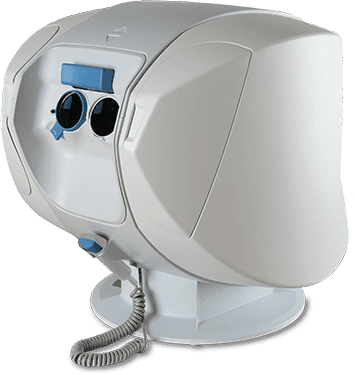
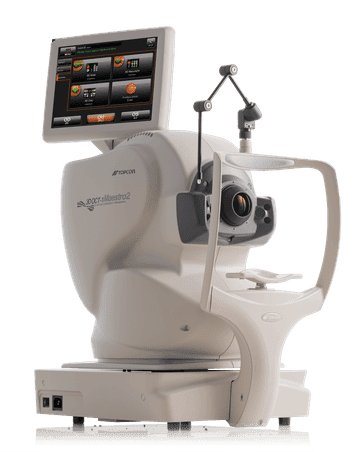
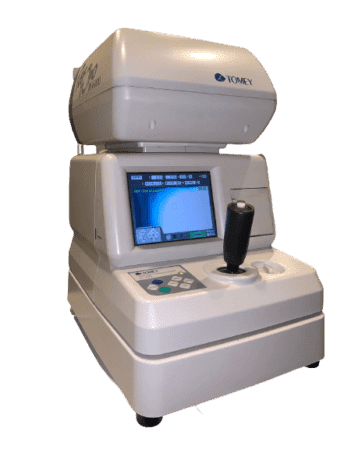
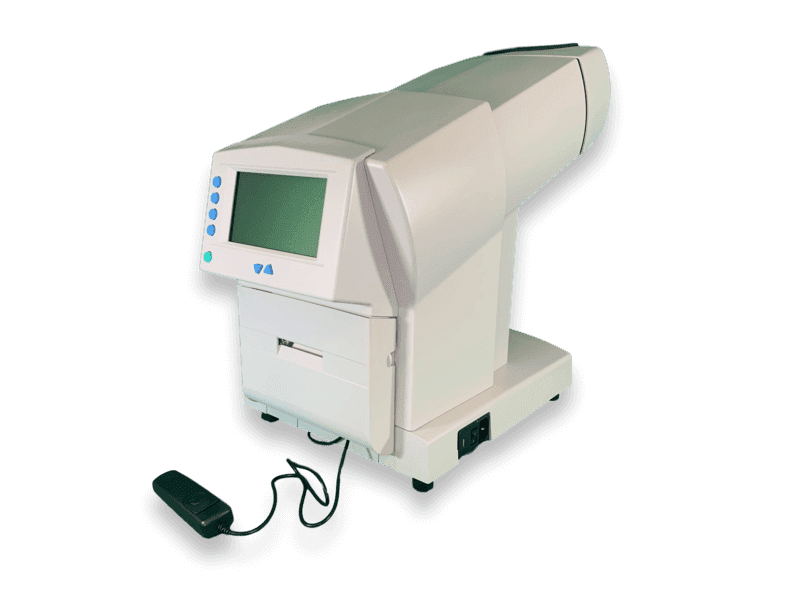
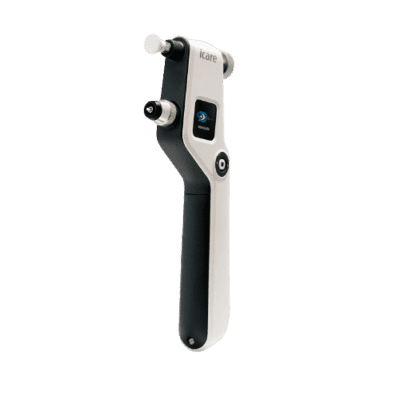
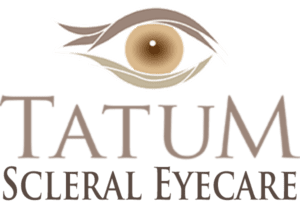
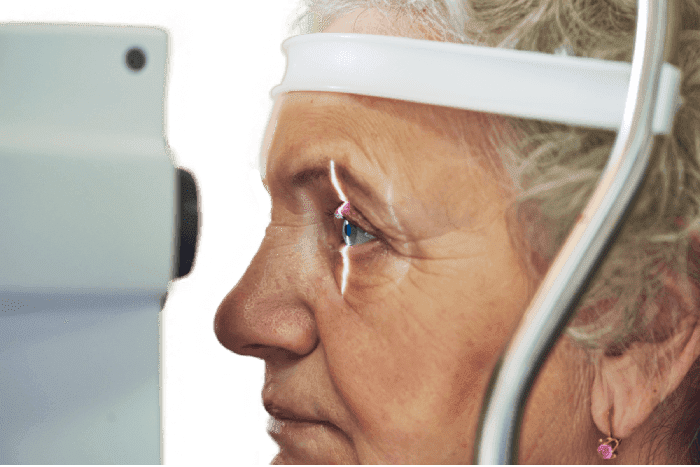
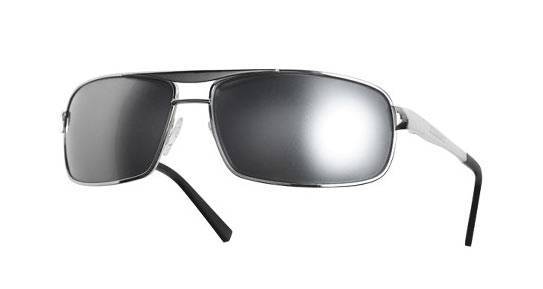 Dillon Optics, the performance eyewear arm of Dillon Precision, have a unique non-reflective, matte lens appearance incorporated with NIR lens technology. This produces noticeably sharper clarity, and protects the lens from damage and harmful environmental conditions. Perfect for outdoor sports and activities where precision vision is required. Tatum Eyecare carries a wide variety of Dillon Optics eyewear.
Dillon Optics, the performance eyewear arm of Dillon Precision, have a unique non-reflective, matte lens appearance incorporated with NIR lens technology. This produces noticeably sharper clarity, and protects the lens from damage and harmful environmental conditions. Perfect for outdoor sports and activities where precision vision is required. Tatum Eyecare carries a wide variety of Dillon Optics eyewear.




